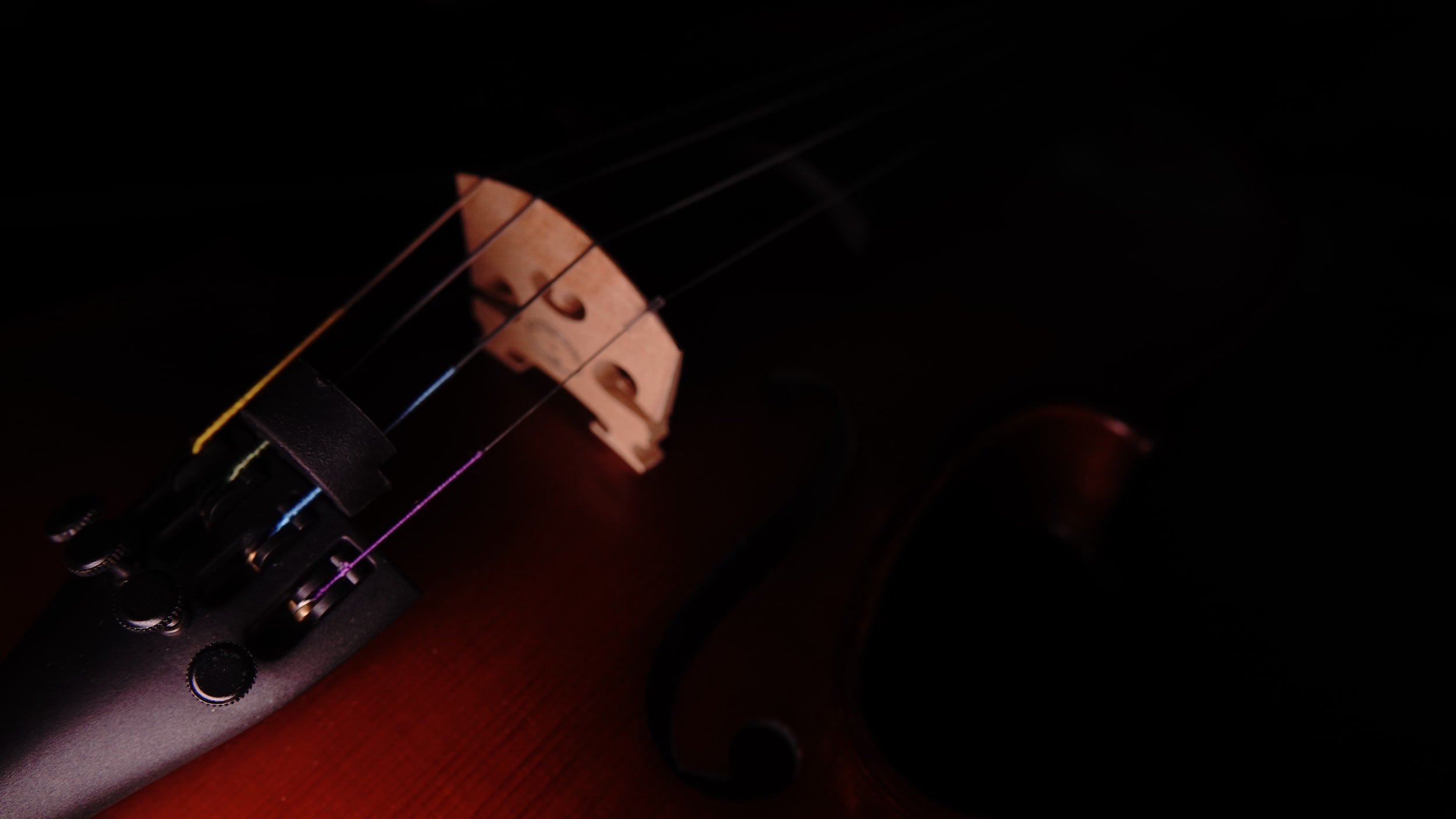
Parent Guidelines
Help your student get the most out of lessons
Parents play a critical role in the musical development of a child, no matter the age. Here are some guidelines for helping your child succeed.
Mother Tongue Approach
Our approach to violin study is based on the pedagogy of Dr. Shinichi Suzuki (1898-1998) who has transformed the world of music education through his understanding of how musical abilities are acquired. Dr. Suzuki’s approach to the study of an instrument is based on his studies of the factors involved in a child’s development of language. When Dr. Suzuki realized how beautifully all children learn to speak their native language he understood how the same principles could be applied to music education. He has shown how all children can develop musical ability if we work to create the same environment for music that we automatically provide for language. The most important factor in his approach is that the students must be in an environment where music (the classical literature) is heard and enjoyed.
1) Provide your child with the opportunity to hear live music by attending concerts whenever possible.
2) Expand your CD and DVD collection to include repertoire from the classics.
Listening
The repertoire for all of the Suzuki books and the American Fiddle Method have been recorded, and listening to these CDs is the most important part of the Suzuki approach. It is the parent’s responsibility to ensure that the child hears the Suzuki pieces a sufficient number of times so that it is easy to learn to play them on the instrument.
1) Listen to the current piece at least 5 times a day – Dr. Suzuki recommends listening to the piece 100 times a day.
2) Listen to all pieces on the same CD once a day.
Practicing
While it has been said that the nature of practicing is opposed to the nature of children, there are many specific steps parents can take to make practicing enjoyable. The most important part of practicing is listening to the Suzuki CD – because without a knowledge of how the piece or the instrument is supposed to sound, successful practicing cannot take place. Parents should realize that practicing is indeed very hard work, requiring intense concentration and physical strength. Be realistic about expecting your child to want to practice if they are tired, sick, or just in need of more time to play.
1) Practicing is easier if it is done every day. Playing an instrument is a physical as well as mental skill, when a day is skipped the muscles forget what they learned and then there is some frustration associated with the practice session.
2) Establish a set time to practice every day when your child has the most energy and is least likely to be distracted by other activities.
3) Especially at the beginning, it is not important to practice for a long time, it is only important to practice every day.
4) Let your child know how much you enjoy his efforts, listen carefully and point out to him the progress he is making. Each child will improve at his own pace – be as excited about his musical progress as you were when he was first learning to talk.
5) The practice session will consist of two main parts: (1) review of earlier pieces – this is where the ability to play the instrument beautifully is developed, because on the earlier pieces one can concentrate on the music aspects of the composition, and (2) working on learning the newest piece.
6) Learning to practice well is a skill that musicians spend their entire lives improving, do not be surprised that your young child does not use his time effectively while practicing. Do your best to help him clarify his practice objectives, then relax and let him discover how to practice for himself. Most children play the instrument for five to six years before they begin to practice intelligently on their own.
Perspective
Keeping your mind focused on the image of your child as an accomplished musician will fortify you for the day to day realities of music study. You and your child are engaged in a very beautiful, worthwhile endeavor which will have a lifelong impact on your child.
